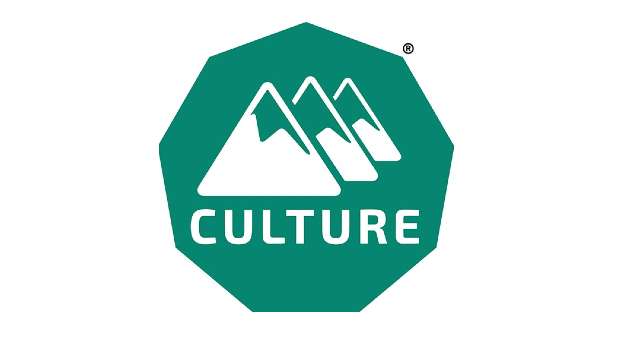CEO of Zappos, Tony Hsieh, expressed the importance of culture by stating, “Your brand is your culture.” For the stressed-out leader, Hsieh also provided unconventional advice when he explained, “If you get the culture right, most of the other stuff will just take care of itself.”
If culture is so fundamental, it’s important to ask: What is culture?
Culture is like the wind. It’s difficult to describe, but you can see the manifestations or the effects of culture in action.
Every leader can better understand their culture by asking three questions:
What is culture?
Merriam-Webster defines culture as “the beliefs, customs, arts, etc., of a particular society, group, place, or time … a way of thinking, behaving, or working that exists in a place or organization (such as a business).”
Employers Resource Council, a human resources organization, describes it this way:
“Culture is the character and personality of an organization. It’s the sum of the core values, beliefs, traditions, underlying assumptions, attitudes, and behaviors shared by a group of people. Stated simply, culture is what makes your organization unique.”
I have always viewed core values as driving culture and culture as a manifestation of a business’s core values. In fact, if you take a careful look around your organization, you will see visible signs of its culture and the core values that drive it.
What does culture look like?
Though core values are intangible, the culture they drive is observable. It manifests itself through your people’s behavior as they pursue the organization’s purpose, vision, objective(s), strategies, tactics and performance goals.
The visual and verbal components of an organization’s culture are noticeable every day at work. Whether you are walking through a work area, sitting in an office, attending a meeting or eating in the lunchroom, the organization’s culture surrounds you and permeates your working life.
What shapes workplace culture?
Culture is particularly influenced by the organization’s founder. It is also influenced by the executives and other managerial staff because of their roles in decision-making and strategic direction.
Take some time today and look around. Walk through your organization and observe your culture. Listen to what your people are saying. Ask yourself the following questions to clarify your understanding of your own culture.
1. What do I/they say and how do I/they say it?
2. What do we do and how do we do it?
3. Who do I employ?
4. What does our workplace look like?
What do you see? What brand does your culture reflect?
In Scripture, Paul writes to the Colossians to instruct them in specific ways to develop attitudes and actions that honor the Lord. Specifically, in chapter 4 he says, “Be wise in the way you act toward outsiders; make the most of every opportunity” (Col. 4:5, NIV).
As such, I implore you to do the same. Be wise in the way you interact with your team, and make the most of every single opportunity to build and strengthen your culture!
Listen to True North Business with Bobby Albert on Charisma Podcast Network. {eoa}
Bobby Albert started his leadership journey as the young president of his family’s five-person business. That small business became a 150+ person organization that he eventually sold to a publicly traded company. Bobby spent decades learning how (and how not) to lead and motivate his people. Bobby coaches and guides Christian business leaders, encouraging them to engage their mind and their heart to improve their effectiveness. Bobby uses biblically-based principles and practices to tackle the everyday challenges faced by today’s leader.











































